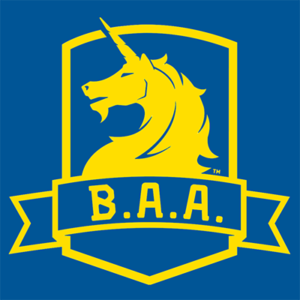 On Sunday, October 9, 2016, I'm running my first half marathon.
Why?
On Sunday, October 9, 2016, I'm running my first half marathon.
Why?
Cancer sucks and we need to support those who are working hard to find a cure.
How I Became a Runner
If we've met, it may surprise you that I run. Frankly, it surprises me.
I've never liked running. Yet, I started to run in March 2016 as between travel and schedule changes at my yoga studio, I needed an activity that would focus and quiet my ever chatty brain.
At first, running was tough. I wasn't out of shape, but I wasn't in running shape. I'd tire after a mile or mile and a half, but I kept at it and my endurance increased. By May, my short run had lengthened to 5 or 6 miles. Today it is 7-7.5 miles.
I'm not fast, but I don't need to set a world record to enjoy the quieting effect running has on my brain.
In April, I told a good friend that I was running and how I had come to enjoy it. She responded that it would be only a matter of time before I signed up for a marathon. I told her she was crazy. Then in July, I saw the sign-up for the Boston Athletic Association Half Marathon and felt a strong urge to do it.
Dana Farber Cancer Institute
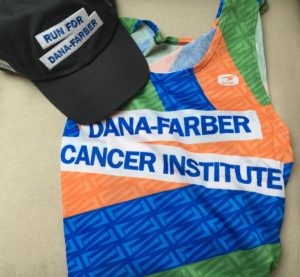 The desire to run this particular half marathon has to do with the fact that it's a fundraiser for the Dana Farber Cancer Institute.
The desire to run this particular half marathon has to do with the fact that it's a fundraiser for the Dana Farber Cancer Institute.
The Dana Farber Cancer Institute is one of the oldest research centers for cancer. It began in 1947 as the Children's Research Foundation Center. In 1969, it began seeing patients of all ages. Today, Dana Farber supports more than 300,00 patient visits per year and is involved with approximately 700 clinical trials.
Cancer has made some of my good friends and their family members sick. It has also taken a few of their lives. More immediately, cancer came for my partner Tim in 2013.
My Grudge Against Cancer
2013 was a tough year. In January we lived through a winter move into our new home; in April we lived through the Marathon Bombing; and in August we found we would have to live through cancer too.
Doctors diagnosed Tim with thyroid cancer. They told us he was lucky because thyroid cancer is the "good cancer." It is relatively easy to treat by removing the thyroid and with a pill dose of radiation. It also rarely moves outside of the thyroid. With that said, Tim's tumor complicated things.
When we met with Tim's surgeon, she informed us that he had a large tumor that had grown over his carotid artery (the artery that supplies blood to the brain) and had partially engulfed it. She was confident she could remove the tumor and Tim's thyroid, but the tumor would make the procedure more complicated.
Although Tim had the "good cancer," we had to discuss many uncomfortable and suddenly very real scenarios given the placement and size of his tumor: In the event he went into a coma, how long would he want to be on life support? If he died, did he want his body buried or cremated? Did he want a Catholic service or something non-religious? Where would I find the master list of his passwords so I could access computers, files, and bank accounts? Was our will up-to-date? What information would I need to claim his life insurance policy? Who should I reach out to at Google to claim his corporate life insurance policy and his death benefit (half his salary for 10 years provided I don't re-marry)? What did I need to know to take over our finances?
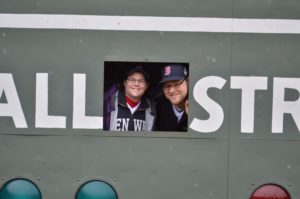 Needless to say, all of this was a lot to take in, especially as we weren't talking about abstract scenarios.
Needless to say, all of this was a lot to take in, especially as we weren't talking about abstract scenarios.
The day of Tim's surgery was torturous. If you've never experienced the wait of a loved one's surgery, you're lucky. The clock slows and you can't do anything to speed it up. Moreover, you can't really read or absorb information because you're distracted with wonder about how the procedure is going.
Tim's surgery finished 2 hours later than expected, but it was a success. Days later we learned that the biopsy on his tumor revealed that it was actually pre-cancerous so he didn't need the radiation pill.
Our experience with cancer was privileged. We had great health insurance and support from Tim's employer. Our health insurance gave us a choice in who would be his surgeon and since we live in Boston--a city known for its frigid winters and world-class hospitals--our choices ranked among the top thyroid specialists in the world. Plus, if something had gone wrong-- if Tim's tumor had been cancerous or if that cancer had spread-- we would have had access to a top cancer research and treatment center, Dana Farber.
Why I'm Running: It's a Fundraiser
I'm running the Boston Athletic Association Half Marathon to raise money for Dana Farber because it's the least I can do for an organization that helps so many people--patients and their families--get through one of the toughest and most stressful periods of their lives. They can't save all their patients yet, but they give them a fighting chance. And hopefully one day they will find a cure so no one has to figure out what they will do without their parent, child, sibling, spouse, or friend or what their loved ones will do without them.
If you'd like to support Dana Farber's efforts, please support my run with a donation.

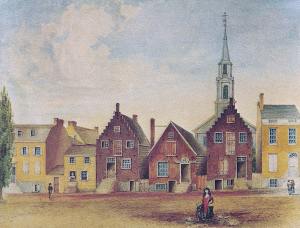 This means my dissertation never had a literature review. Most of the references I made to other scholars occur in my notes, not the main text. And while not perfectly written, my dissertation conveys its ideas with clear writing and active verbs.
This means my dissertation never had a literature review. Most of the references I made to other scholars occur in my notes, not the main text. And while not perfectly written, my dissertation conveys its ideas with clear writing and active verbs.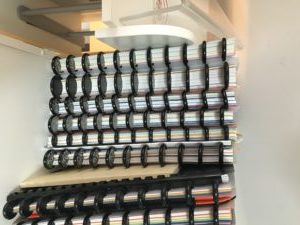 One year ago this week, I shelved my book manuscript. I didn't want to put it aside; I was making great progress. However, good issues and problems due to the quick growth of
One year ago this week, I shelved my book manuscript. I didn't want to put it aside; I was making great progress. However, good issues and problems due to the quick growth of 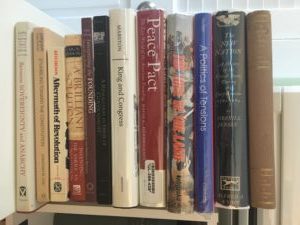 I'm starting work on my next long-term research project: The Articles of Confederation. Over the last year and a half, I've been mining footnotes and steadily accumulating books about the subject. No one has undertaken a serious study of the Articles since Merrill Jensen in 1950.
I'm starting work on my next long-term research project: The Articles of Confederation. Over the last year and a half, I've been mining footnotes and steadily accumulating books about the subject. No one has undertaken a serious study of the Articles since Merrill Jensen in 1950.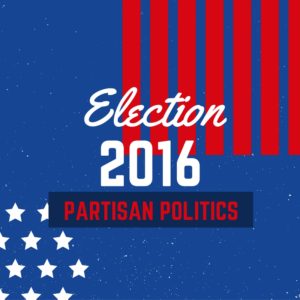 The 2016 election cycle has been difficult. Not only does it have me worried about the future, it's presenting me with unexpected editorial headaches.
Since April, I've had to consider what to do about guest references to Donald Trump in
The 2016 election cycle has been difficult. Not only does it have me worried about the future, it's presenting me with unexpected editorial headaches.
Since April, I've had to consider what to do about guest references to Donald Trump in 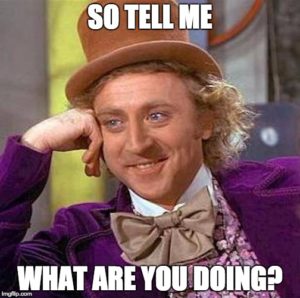 Since January 2016, I have been traveling across the United States speaking about history, podcasting, and digital media at conferences, events, and interviews.
The experience has revealed that people have 3 key questions for me:
Since January 2016, I have been traveling across the United States speaking about history, podcasting, and digital media at conferences, events, and interviews.
The experience has revealed that people have 3 key questions for me: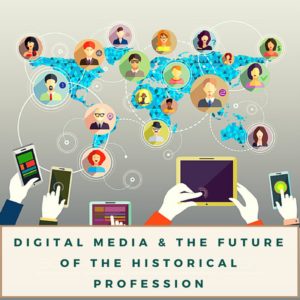 It’s August and I’ve somehow found myself with 7, straight weeks at home. It’s the first time I’ve been home for a full month this year. (Hence why this blog has been a bit of a ghost town.)
Since January, I’ve been on a type of “history podcast tour.” Historians & history lovers have become fascinated with
It’s August and I’ve somehow found myself with 7, straight weeks at home. It’s the first time I’ve been home for a full month this year. (Hence why this blog has been a bit of a ghost town.)
Since January, I’ve been on a type of “history podcast tour.” Historians & history lovers have become fascinated with